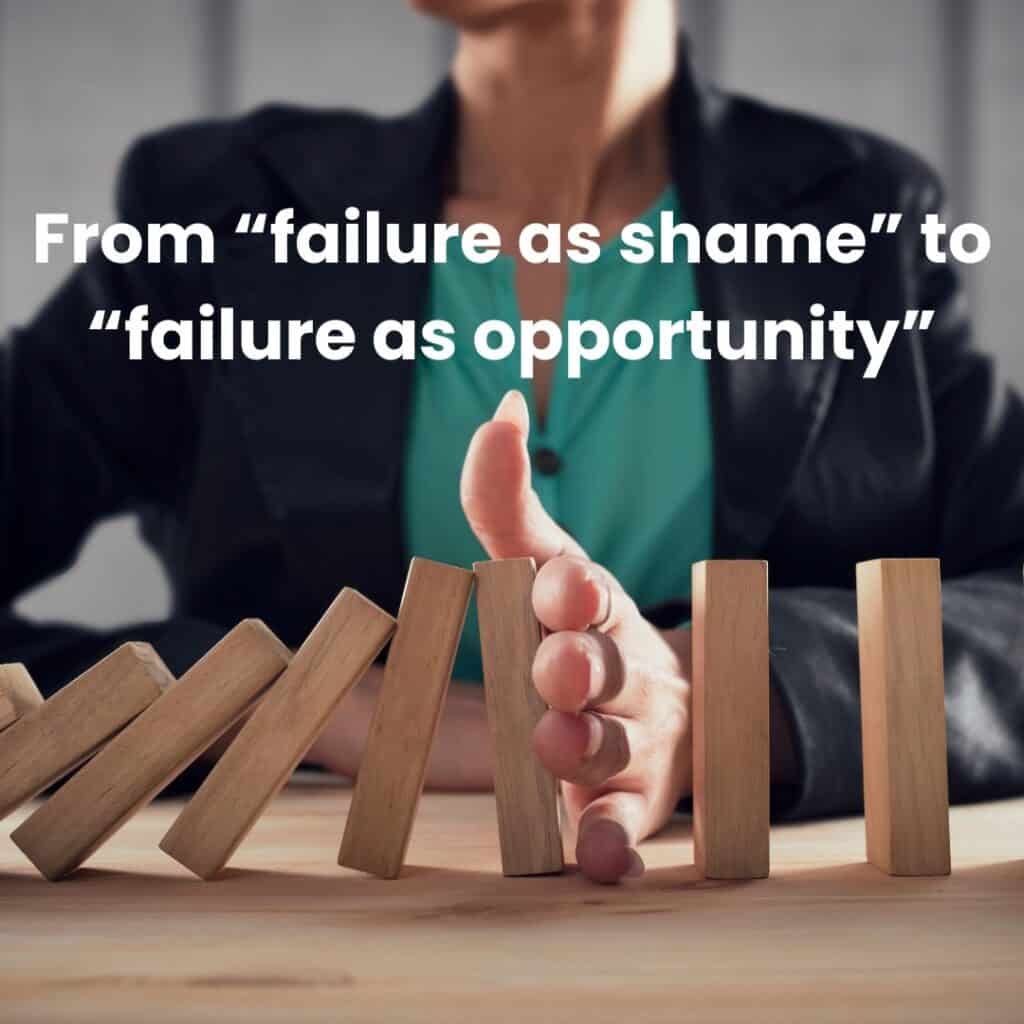Insight 3 min read
New leaders embrace failure as a path to growth
Leaders are now encouraged to openly discuss mistakes with their teams, transforming failures into valuable learning opportunities

In today’s business world, modern leadership embraces failure as an essential part of innovation and growth.
Leaders are now encouraged to openly discuss mistakes with their teams, transforming failures into valuable learning opportunities.
Prominent leaders like Jeff Bezos and Satya Nadella exemplify how admitting failure can pave the way for future success.
By fostering a “constructive failure” culture, organizations can create innovative and resilient environments.
However, implementing this mindset often faces resistance and requires a shift in organizational thinking.
From failure as shame to failure as opportunity
For decades, the business world stigmatized failure, encouraging leaders to project an image of infallibility.
This culture proved damaging, as hiding mistakes stifled organizational growth.
Today, however, leadership recognizes that failure, when managed correctly, can drive learning, innovation, and resilience.
While failure should not be incentivized, it should be valued for the insights it provides.
This shift encourages leaders to view mistakes as opportunities to improve, fostering a culture where risks are taken and lessons are learned.
Why discuss failure in business?
Openly discussing failures sends a powerful message to the organization: taking risks is part of innovation, and every mistake is an opportunity to learn.
This approach helps create a work environment where employees feel comfortable trying new ideas without fear of making mistakes.
Leaders who share their own failures demonstrate humanity and authenticity, building empathy and trust with their teams.
Moreover, analyzing failures helps identify root causes, leading to more adaptive and effective solutions.
A company that can learn from its mistakes is more resilient and better prepared for future challenges.
Creating a “constructive failure” culture
To build a constructive failure culture, leadership must lead by example.
Sharing personal experiences of failure and turning them into collective learning moments helps foster innovation and teamwork.
Creating opportunities for employees to openly discuss mistakes, without fear of repercussions, promotes a problem-solving mindset.
Regularly scheduled “failure reviews” or “lessons learned” sessions can encourage this.
Additionally, systems that reward the courage to take calculated risks, even if they lead to failure, can support this cultural shift.
It’s important to establish guidelines for what constitutes an “acceptable” failure.
Not all mistakes are created equal – failures due to carelessness should not be tolerated, but those made during well-considered attempts at innovation should be embraced.
Learning from leaders who turned failure into strength
Leaders like Jeff Bezos, Satya Nadella, and Anne Wojcicki demonstrate how embracing failure can lead to significant success.
Their stories show that failure, when treated as an opportunity to grow, can transform organizations and foster a culture of resilience and innovation.
By openly sharing and learning from their mistakes, modern leaders are better equipped to guide their companies through challenges and toward future success.
Dagorà: the place where people come first. Visit us at https://dagora.ch/
